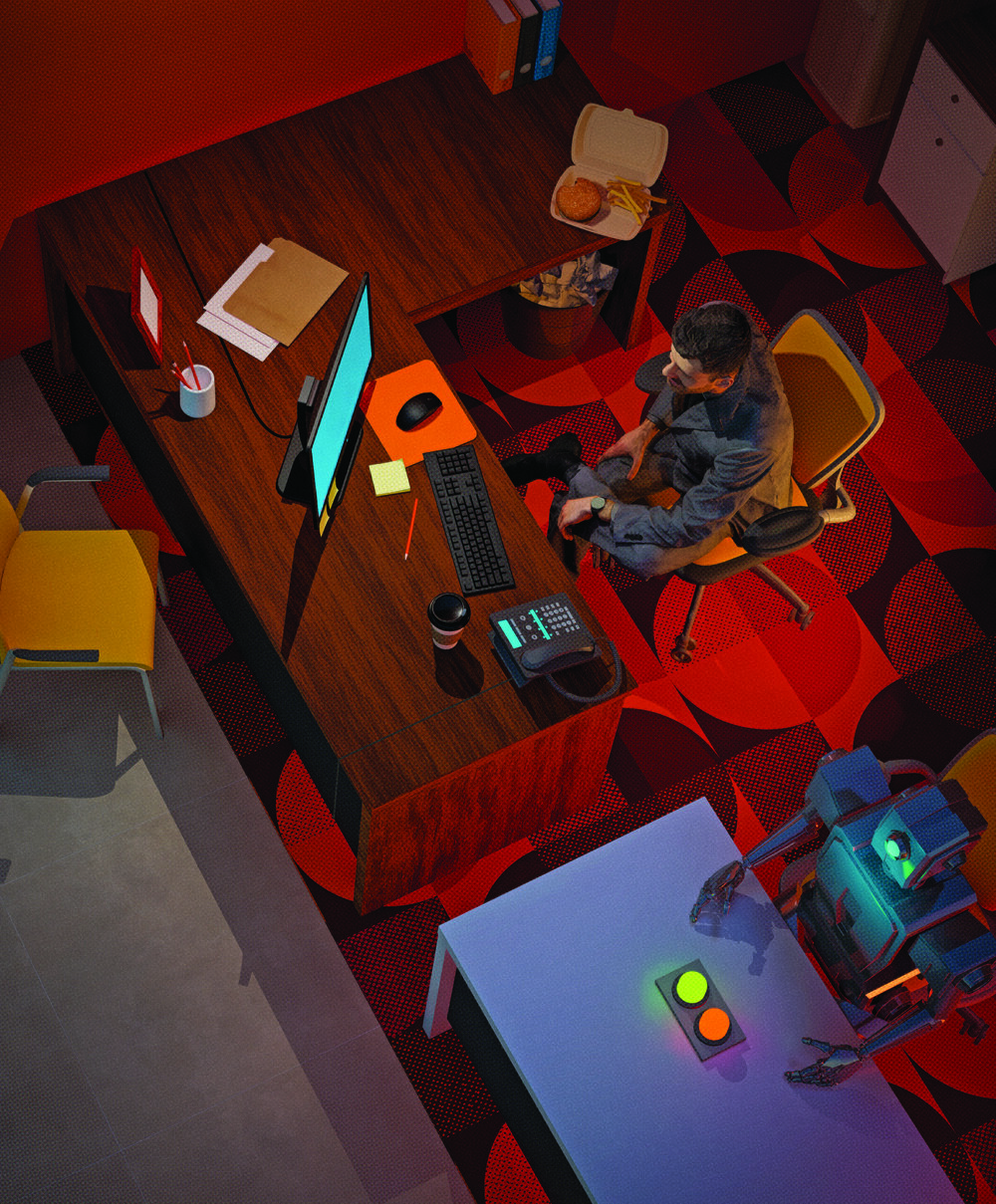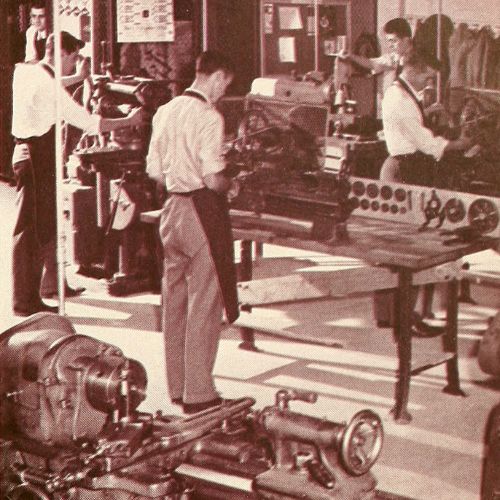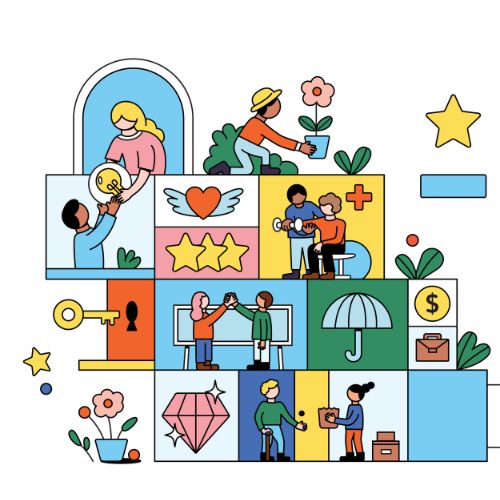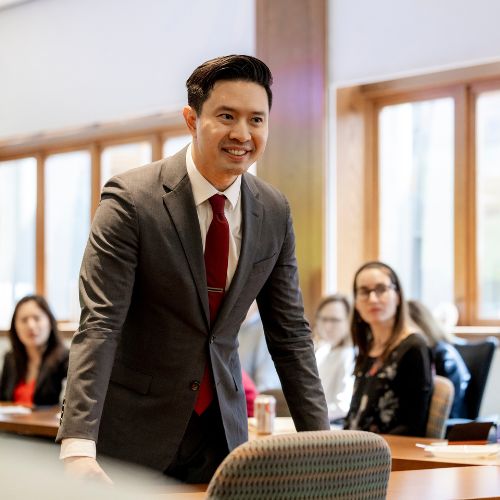Originally published in the inaugural edition of Carroll Capital, the print publication of the Carroll School of Management at Boston College. Read the full issue here.
In this era of ChatGPT—the online “chatbot” that can answer questions and even write essays—it’s easy to assume that humans can no longer compete with computers. The research of Miao Liu, a Carroll School accounting professor, offers hope to our embattled species.

Writing in the Journal of Accounting Research, Liu examined loans by a small-business lender in China. He found that a machine-learning model, a form of artificial intelligence, did beat humans in analyzing hard information, like financial statements and performance ratios. But humans “have strengths in acquiring soft information,” Liu wrote. Soft information would include, for example, the reasons why someone’s business might have run into temporary troubles.
He concluded that humans were using the numbers as signals. If a number caught their attention—say, a surprising drop in cash flow—they’d follow up with the help of a technology that has existed for more than 100 years: the telephone. Simply put, they’d call borrowers and find out what was happening with their businesses. Then they could use their judgment to decide whether someone deserved a loan.
AI-generated information allows humans to focus their brain power on what they do best. The results? Better than what the machine would have recommended.





